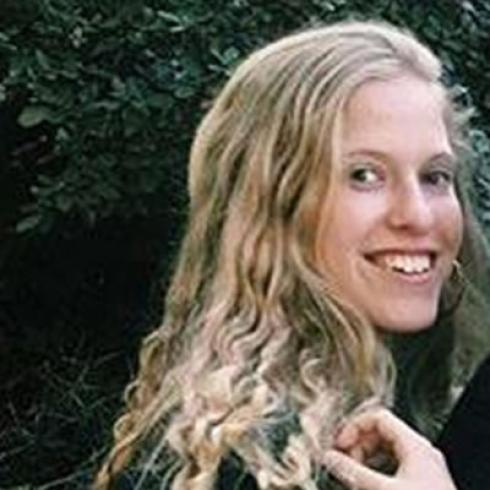Hola!
Last week I made it Spain
With only a few delays
To happily arrive in Granada,
A city to recieve much praise
I have 6 hours of Spanish every day
To orient us all Granada
People here have a first and second breakfast
Consisting usually of pan tostada
Everything here is lovely
From the language to the people to the stairs
I am learning so much about
Spain It makes me wish I knew more foreign affairs
The food—don’t even get me started:
It’s fresh and cheap and so good
The tapas are free and the wine is crisp
I know I’ve chosen the right neighborhood
The people here are amazing
The staff is so nice and attentive
I would already reccomend this to anyone
The program is muy comprehensive
The people are fun and quirky
As you'd expect in a hippie town
There's art and food and culture
and for the kids: plenty playgrounds
This city is beautiful and vast
It has quaint wonders that I pray don’t vanish
And I guess I’m now becoming a Spaniard
Becuse my Word Document is correcting to Spanish!
I hope you enjoyed my poem! I wanted to also give a little more context to what's going on here day by day and some of the interesting things I am learning. Through talking with friends on other programs, I learned that my orientation process was much more intense than any of theirs. Upon further reflection, I realize now that was because Granada is much different from any well-known city in the world. Not only does IES Abroad have to orient us to the language (they weren’t kidding when they said no one speaks English here), but also mainly to the culture. Referred to as personas del calle, also known as “people of the street,” the Granadian’s are people who live their entire lives outside. Whether it’s getting tapas, a drink, going for a walk, grocery shopping, going to a museum—anything—these people are outside. Yes, the weather is gorgeous, but could that explain why people are constantly out and about? Upon further digging (aka talking to my teachers in my butchered Spanish (so who knows how reliable this actually is)), the current theory is that the outdoors is an open space. The economy in Granada isn’t exactly thriving, so that leaves many people to live at home until their late twenties. Since teenagers and twenty-somethings don’t want to spend a ton of time at their parent’s house, they leave and live their lives on the town! I found this small cultural difference really interesting because it shows a lot about their culture. Granada is a place of culture, so I can't wait to continue learning (and sharing) these small tid-bits of informaiton about what I'm learning here! Hasta luego!

Michelle Saylor
<p>I love to laugh and think that's sometimes the best medicine. I spent this past summer dissecting human brains in a lab and the summer before that being an over-night counselor for eighteen twelve-year-old girls. I love to produce music and foster dogs. I took psychophysics class my very first semester by mistake (the pre-requists were calculus and physics: neither of which I had taken so it's still unclear who let<br>me into that class) which was truly the hardest class of my life but I stayed in it the whole semester and worked harder than I ever previously had and wound up doing well - still proud of that one! There are a lot of parts to me, and I'm happy to keep figuring them all out!</p>








